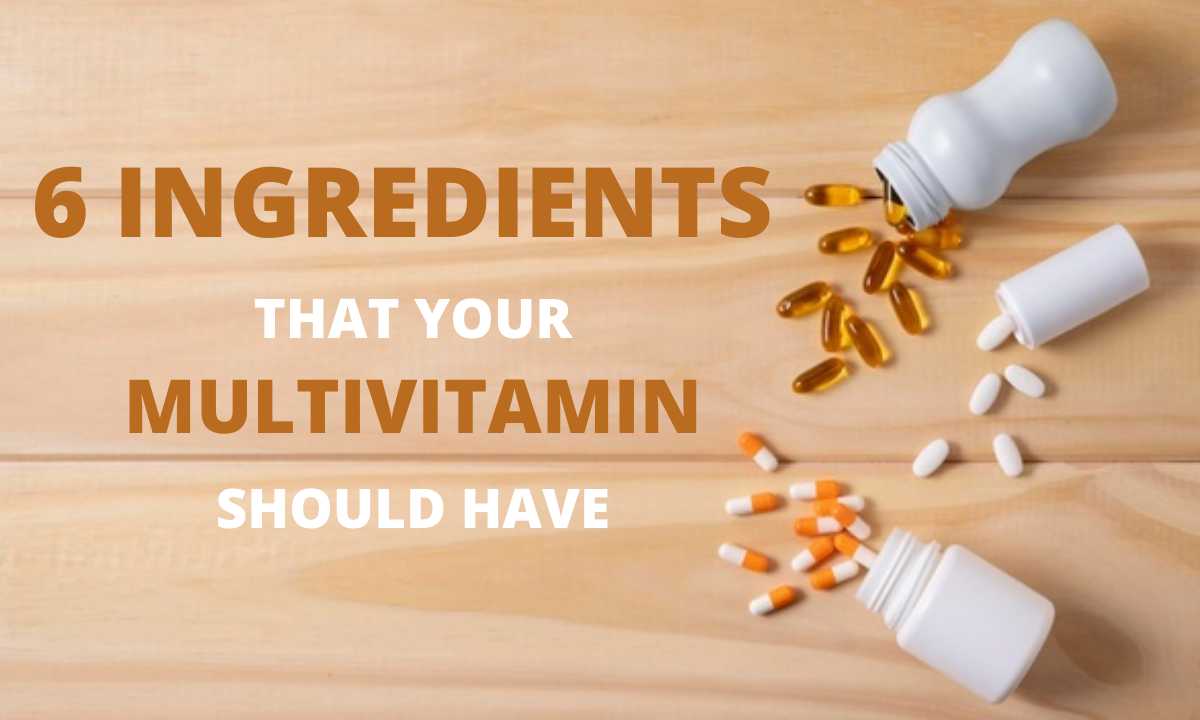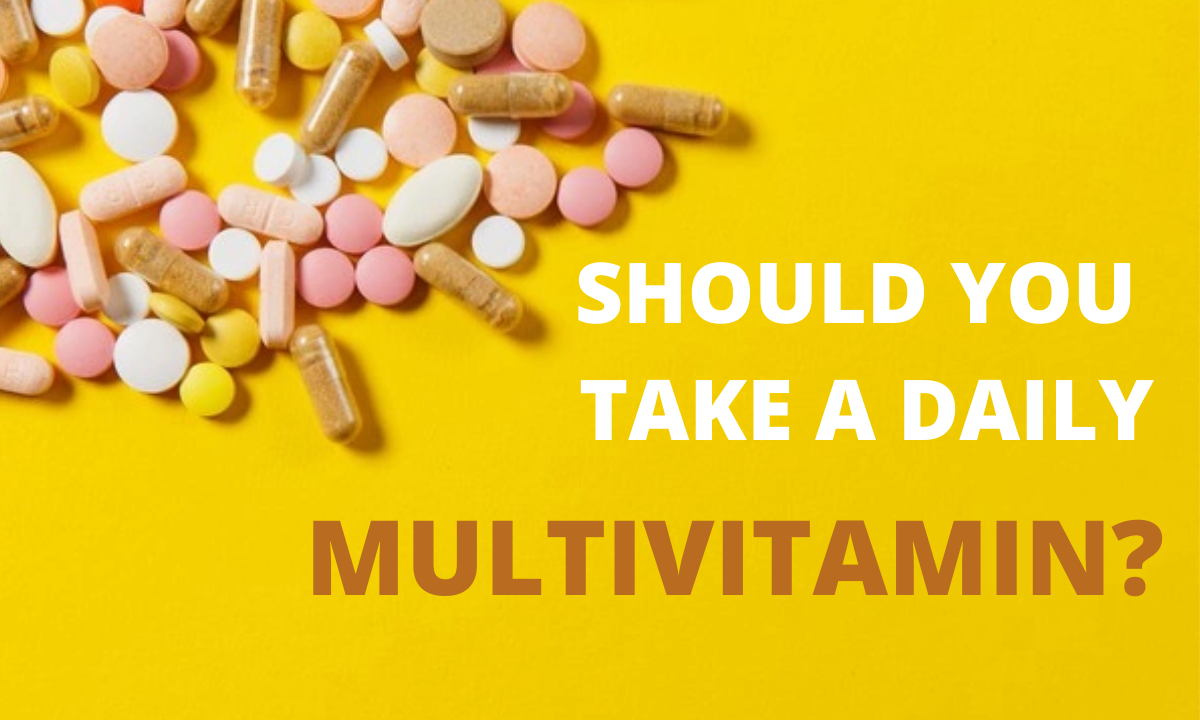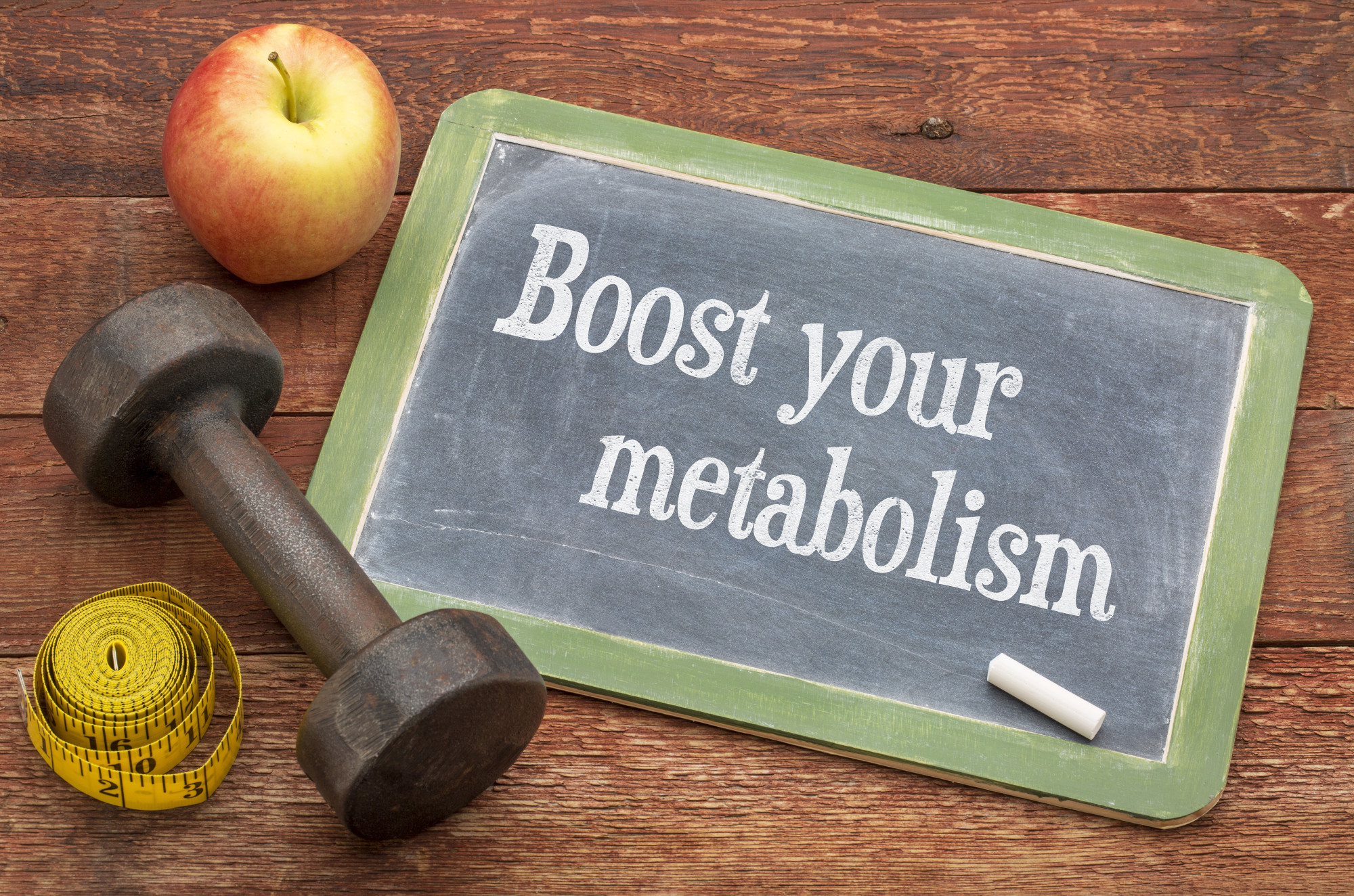Vitamin vs Supplement: What You Should Know
Food & Fitness, General Health | July 14th | By J.S.Chang, RD
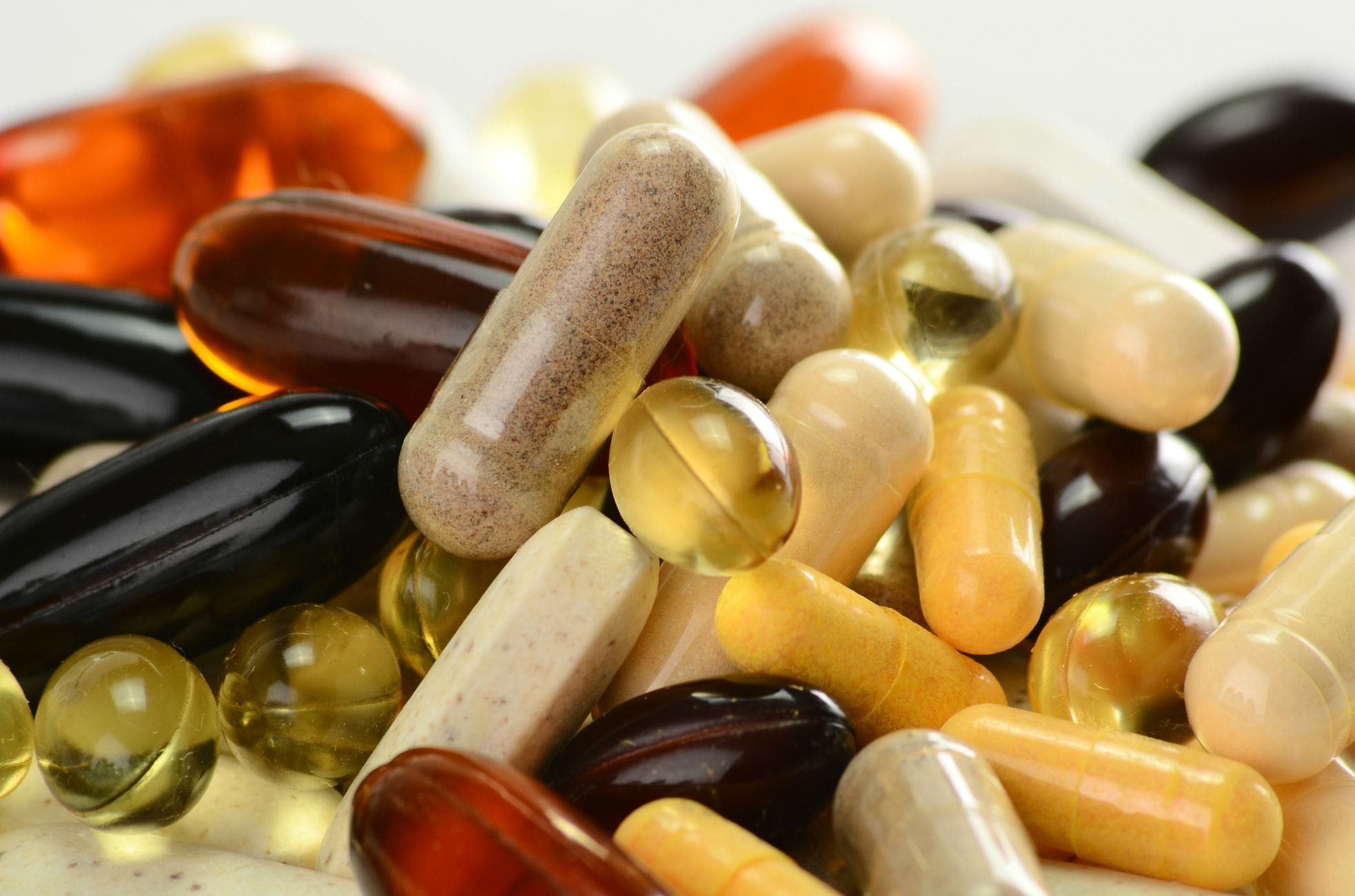
These 2 words are something we see quite often whether we are browsing social media or just surfing the internet.
They sort of popped up as there are more and more companies or individuals that are sharing health-related info to the public, and that’s when you see them the most.
And you may ask yourself this question: What is the difference? Does it really matter?
The Definition
Well, according to the dictionary, vitamins essentially means a group of natural substances that our body needs but cannot be synthesized by our body, therefore have to be taken from outside sources, like our diet.
Supplement, on the other hand, is defined as a product that is intended as an addition to a person’s diet and is not considered a food.
The Simple Explanation
To put simply, supplement is the larger group, and vitamins are a type of supplement.
Supplement can include minerals, herbs, phytonutrients, antioxidants, and the list goes on.
They both have their similarities and differences which I will explain more in detail below.
While some believe they are not necessary, we believe they may potentially help in reducing certain conditions and diseases.
They are, in a general sense, interchangeable as they all have a similar purpose which is to help maintain or improve nutritional status, and they come in all forms, be it pills or tablets.
But the key thing is to always take what’s right for you.
Vitamins
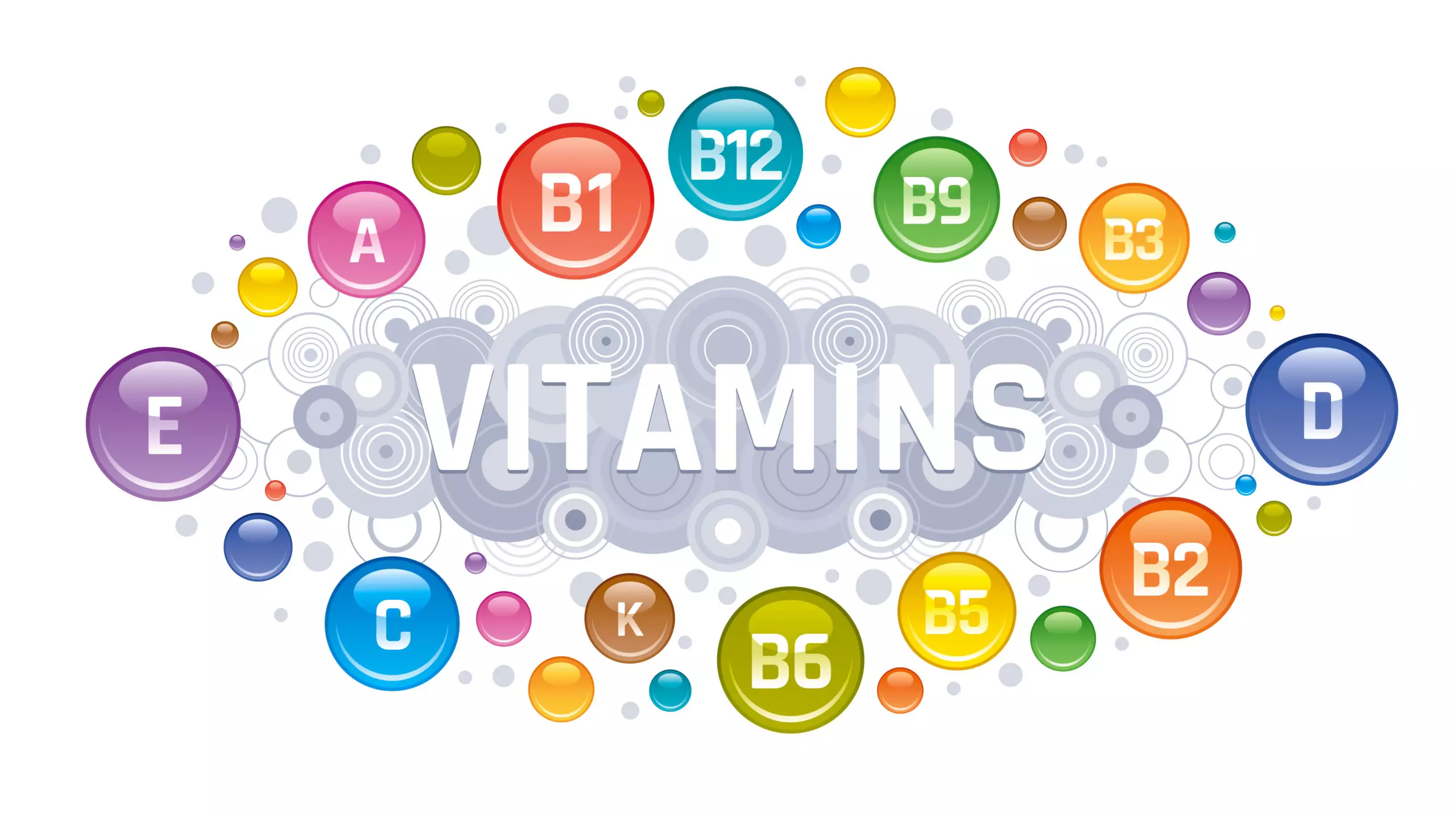
What officially known as vitamins are probably those you have always heard of, such as vitamin B, C, and fat-soluble vitamins like vitamin D and K.
These are the ones that is essential to us in order for our bodily functions to work in tip-top conditions.
But they can’t be created by our body.
Hence, our diet made up a large part of our daily requirement and intakes on these vitamins and we all know the saying “You are what you eat”, which is true.
Vitamins are so called “vitamins”, are actually made up of 2 words, “vital” and “amines”.
Most of the vitamins we know about today almost somehow came about from the display of deficiency symptoms, where people start to realize that it is due to the lacking of a certain substance.
Vitamin C, for example is found to be important to gum health when sailors back in the day do not have enough of these which caused them to have a condition known as scurvy.
Over the years, many diseases have been linked to an inadequate intake of several vitamins. Some group of people such as elderly, vegans or those with malabsorption are at a higher risk of a vitamin deficiency.
Now, these groups of people certainly have a need to increase vitamin supplementation.
But what about the average healthy people?
When they can mostly obtain what they normally need from diet alone, there already have been studies that show the nutrient content in the food today isn’t what we have 50 years ago. Check out this article which I had talk more about on that.
Even if the nutrients are not affected, a lot of us are actually not meeting the required daily intake for fruits and vegetables.
In fact, according to the National Health and Morbidity Survey 2019, 95% of adults do not eat the recommended daily amount of fruits and vegetables.
Now that’s a shocking amount of people.
Think about all the nutrients and mineral that are not being taken!
Take vitamin D for example, those that are at risk or having little exposure to the sunlight might need an extra boost to make sure the body get what it needs.
Supplements
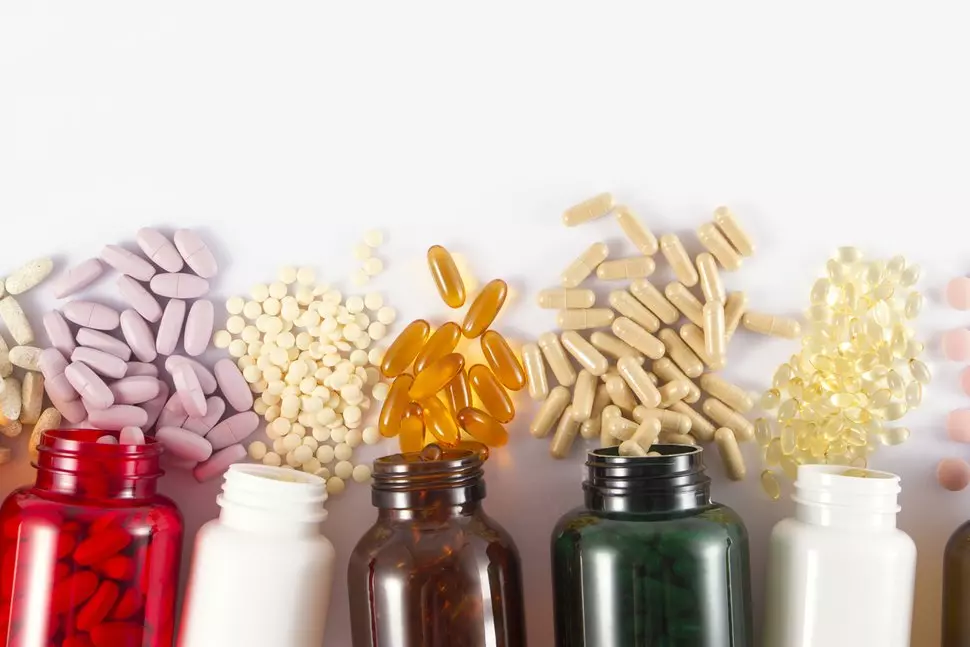
As mentioned earlier, supplements are the larger group and consist of several types, such as minerals, herbs and even fiber.
Although supplements are not meant to replace whole foods in your diet, but it can help to promote general health when taken correctly.
That’s why we always stressed that you only take the supplements you need to achieve the best possible outcome.
Besides taking the right supplement, its important that you do not get those that looks fishy, and without registration from the government.
It’s true that unlike drugs, dietary supplements aren’t that tightly regulated by the government. But what they do have, is a registration number that states the product’s manufacturer and related info.
Always try to get your supplements from trusted and legit sources.
And we are proud to say that our team of medical professionals always strive to ensure that we source the best for you.
Our Take
Be it vitamins or supplements, the important thing is to know what’s right for you and not just follow the crowd.
While it’s best to get our nutrients from a healthy diet, it can be hard sometimes to get all of our needs from that alone for our body to function at their best.
Hence, supplementation can be a beneficial addition to your daily lives.
If you are currently having a supplement regime and plan to add to your existing regime, it is always good to consult your primary healthcare provider first!
RELATED POSTS
-04.webp)

